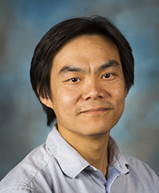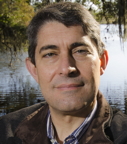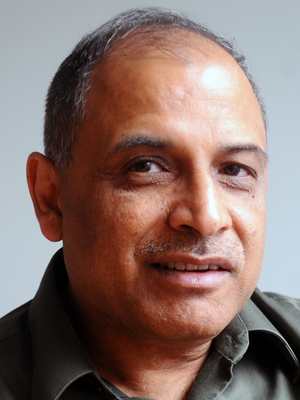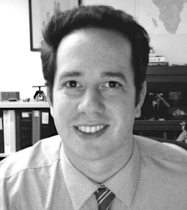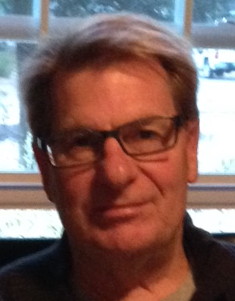Towards a Multi-Scale Theory on Coupled Human Mobility and Environmental Change
Funding: 2018 Department of Defense Multidisciplinary Research Program of the University Research Initiative N00014-17-S-F006, Topic #8 (N00014-17-S-F006.pdf)
2 POSTDOCTORAL AND 3 DOCTORAL FELLOWSHIPS AVAILABLE!! Please click on "Job Posting" tab below for detail and download announcement here : MURI_jobsAd.pdf
Participating Faculty and Research Components
Prospective Graduate Students and Postdoctoral Fellows are encouraged to introduce yourself to the faculty member in your area of interest prior to submitting your application. Click on the names of each team member to access their web pages with more information.
University of Florida Participating Faculty |
|
|
Rachata Muneepeerakul (Principle Investigator), Associate Professor, Agricultural and Biological Engineering, is a complex systems modeler. He has studied systems ranging from freshwater fish communities, urban economies, and coupled natural- human systems. His expertise on network approaches, modeling coupled natural-human systems and modeling dispersal and evolutionary process in explicitly spatial settings has much to offer the development of theory for human migration. Contact: email: rmuneepe@ufl.edu, phone: 352-392-1864 ext. 227 |
|
Jeffrey Johnson, Professor, Anthropology. His work most related to this project focuses on network models of complex human and biological systems, and their integration, employing various applications of continuous time Markov chain and exponential random graph models to the study of trophic dynamics in food webs, particularly as it relates to the interplay between food web dynamics and human behavioral networks. He has also worked on understanding the drivers of conflict, both within and between human groups. Contact: email: johnsonje@ufl.edu phone: 352-392-1020. |
|
Rafael Muñoz-Carpena, Professor, Agricultural and Biological Engineering, is an expert in uncertainty and global sensitivity analysis of complex models, especially complex hydrological and ecological models. His expertise in global sensitivity analysis will help determine the right level of complexity of the models. Contact; email: carpena@ufl.edu phone: 352-392-1864 ext. 287. |
Columbia University Participating Faculty |
|
|
Upmanu Lall, Professor, Dept. of Earth & Environmental Engineering. His research links climate extremes, water, food and energy in a systems modeling context. He brings expertise in Bayesian methods, systems modeling, machine learning and spatio-temporal modeling of extremes to the project. Contact: email: ula2@columbia.edu |
|
Michael J. Puma, Director, Center for Climate Systems Research. His research is focused on global food security, especially understanding how susceptible the global network of food trade is to natural (e.g., megadroughts, volcanic eruptions) and man-made (e.g., wars, trade restrictions) disturbances using non-equilibrium, network based economic models. Contact: email: michael.j.puma@nasa.gov |
Columbia University Participating Faculty |
|
|
David N. Griffith, Professor, Anthropology, has been studying migrant populations since 1981, including work on guest workers, undocumented economic migrants, and refugees fleeing civil war, natural disasters, and collapsing states and economies. His specific area of expertise related to this project is his work on the relationships among migration, environmental degradation, and economic development. His recent work has traced relationships between labor scarcity and deforestation in Honduras following migrants fleeing the devastation from Hurricane Mitch. Contact: email: griffithd@ecu.edu |
This page was last updated on July 13, 2019.
